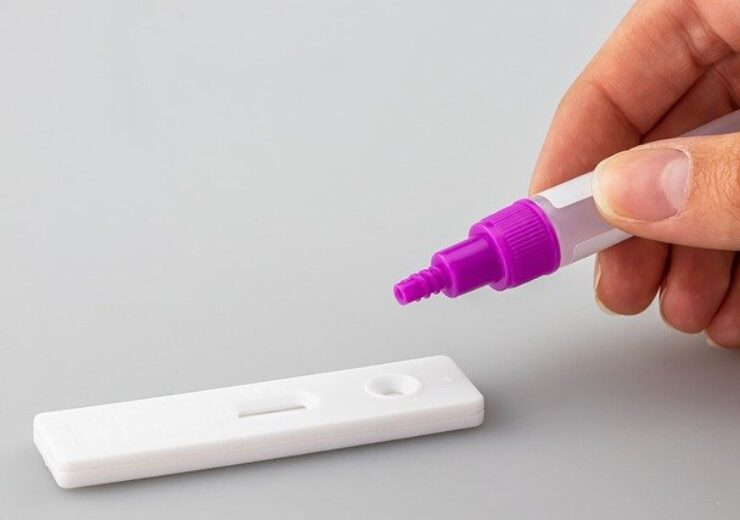The new national strategy will enable nasopharyngeal PCR tests to continue as primary diagnostic test, supported other testing methods

National testing strategy will increase Covid-19 testing. (Credit: analogicus from Pixabay.)
The New Zealand Government has rolled out a new national testing strategy to provide enhanced protection for high-risk Covid-19 populations in the country.
The new national strategy will enable nasopharyngeal PCR tests to continue as primary diagnostic test, supported by saliva-based PCR, rapid antigen and rapid PCR testing.
The move is part of the country’s transition to the Covid-19 Protection Framework, which uses traffic lights system to manage the disease in the country.
Under the new framework will focus on symptomatic testing and surveillance testing in high-risk settings, in the ‘Red’ and ‘Orange’ regions.
It will focus on surveillance testing to rapidly identify new clusters of cases in the ‘Green’ regions.
New Zealand’s Associate Minister of Health Ayesha Verrall said: “Delta is here, so we are ensuring we have the tools in place to support the transition to the new framework, and to help minimise the spread of Covid-19.
“Our testing strategy has worked well to date. New Zealand has amongst the highest number of tests per positive case in the OECD and our border testing has stopped potential incursions.
The new testing strategy is said to offer more ways to test people, provide rapid results along with enhanced certainty and reassurance with less disruption.
It enables businesses to directly source the approved rapid antigen tests from authorised suppliers starting from next month, for use with their workforce.
The rapid antigen tests can also be accessed by the general public from 15 December, administered by the pharmacies under the supervision of staff.
New Zealand Government aims to expand the daily laboratory testing capacity to 60,000 PCR tests a day by next year, and start a new national telehealth case investigation service.
Furthermore, the government is investing around $1bn in contact tracing, testing and case investigation.
Verrall added: “When we were pursuing an elimination strategy we relied on highly sensitive PCR tests because the cost of missing a case was too high.
“With more and more New Zealanders gaining protection through vaccinations, we can now introduce a wider range of routine testing options that provide other benefits such as accessibility, convenience and speed.
“With more Covid-19 cases appearing around the country, testing, tracing and quickly isolating cases and their contacts will be all the more important for protecting whānau and communities.”
